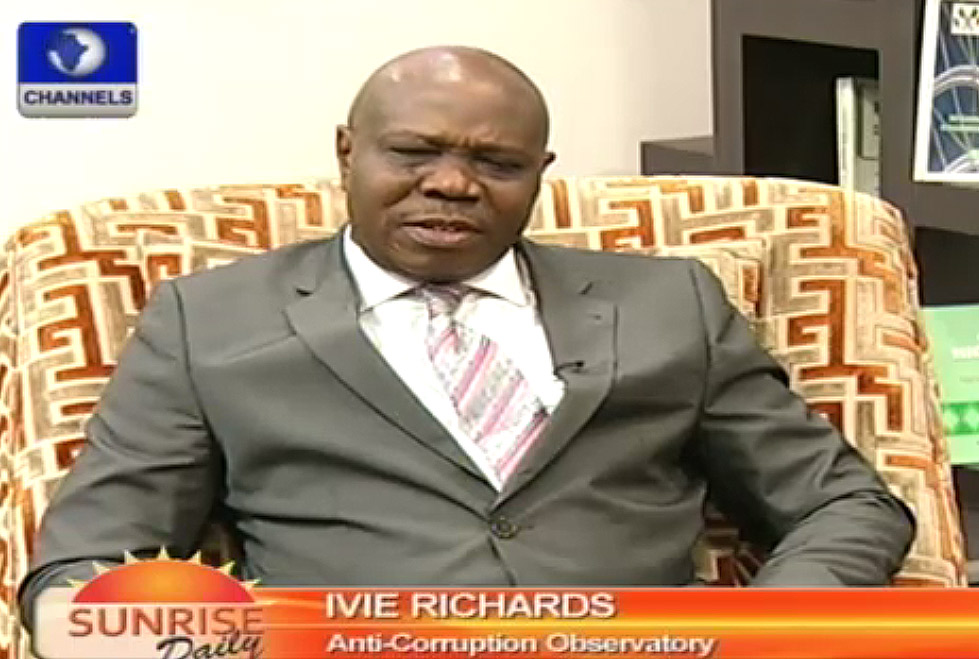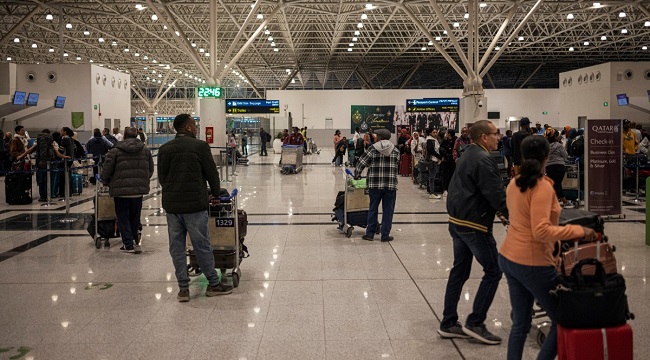A social commentator and Managing Consultant of the Anti-Corruption Observatory group, Ivie Richards on Wednesday kicked against the Federal Government approval to merge two anti-graft agencies, the Independent Corrupt Practices Commission (ICPC) and the Economic and Financial Crimes Commission (EFCC).
Mr Richards, who was a guest on Channels Television’s breakfast programme, Sunrise Daily, said these agencies were established for different purposes.
He said, “The ICPC came into force via an act in June 2000. If you look at that law, it was directed primarily at the everyday occurrences and corruption issues in the public sector; things like embezzlement, clientilism, bribery, victimization and things like these.
He said the ICPC law hinders the agency from going out to seek information and from protecting informants.
“Section 27 of that law says that the ICPC must receive petition from the public before it can act. A subsection of that law also says that someone who is an illiterate for instance want to volunteer information to ICPC, a staff of the ICPC orally takes down you statement and then you have to thump print. In other words, the ICPC cannot protect informant and they cannot go seeking for information,” he said.
Mr Richards said this is different from the law setting up the EFCC.
“Section 38 and 39 of that law says that the EFCC can go seeking for information and they are not obliged to reveal their sources of information. In other words, they can protect their informant,” he said.
The Federal Government had on Monday approved the merging of the ICPC and the EFCC.
The merger of the two commissions comes as part of the government’s decision to implement the recommendations of the Steve Oronsaye-led Presidential Committee on the rationalisation and Restructuring of Federal Government Parastatals, Commissions and Agencies.
The EFCC was established in 2003 to investigate financial crimes such as Advance Fee Fraud (419) and money laundering. Its establishment by the ex-President Olusegun Obasanjo’s administration was seen to be an urgent response to pressure from the Financial Action Task Force on Money Laundering, which had named Nigeria as one of the 23 countries non-cooperative in the international community’s efforts to fight money laundering.
The ICPC was also inaugurated by the Obasanjo administration to, among other functions, receive and investigate reports of corruption and prosecute the offender[s]; and to examine, review and enforce the correction of corruption-prone systems and procedures of public bodies with a view to eliminating corruption in public life.
Both agencies were set up by enabling laws.





